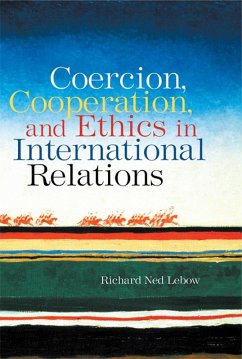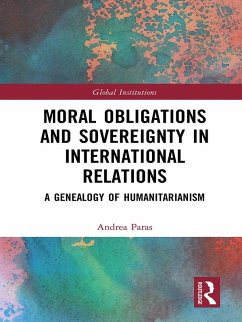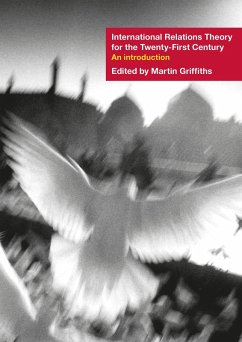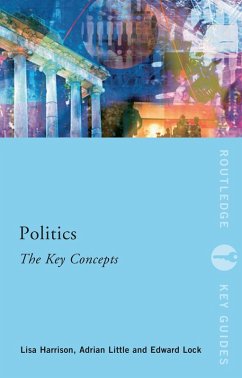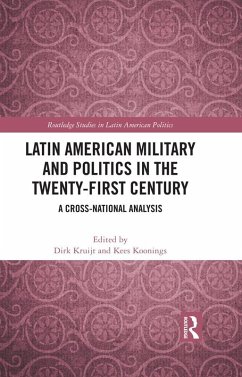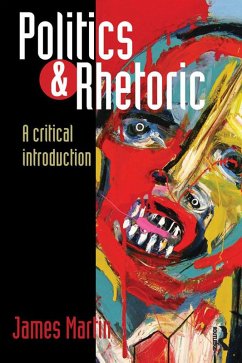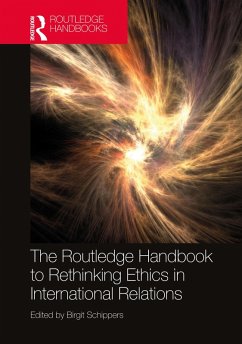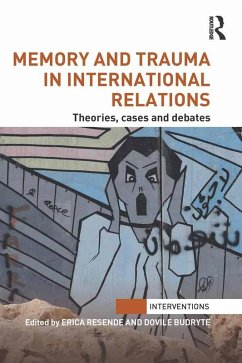
Critical Theory and World Politics (eBook, ePUB)
Citizenship, Sovereignty and Humanity
Versandkostenfrei!
Sofort per Download lieferbar
47,95 €
inkl. MwSt.
Weitere Ausgaben:

PAYBACK Punkte
24 °P sammeln!
Andrew Linklater has been one of the most innovative thinkers in international relations, introducing critical and ethical elements into the discipline which has forced it to rethink many of its basic assumptions. This book builds on this body of work to develop a radical new theory that calls for a cosmopolitan approach to international relations.
Key subjects covered in the book include:
Key subjects covered in the book include:
- citizenship and humanity
- critical theory and political community
- the problem of harm
- the sociology of states-systems.
Dieser Download kann aus rechtlichen Gründen nur mit Rechnungsadresse in A, B, BG, CY, CZ, D, DK, EW, E, FIN, F, GR, HR, H, IRL, I, LT, L, LR, M, NL, PL, P, R, S, SLO, SK ausgeliefert werden.





